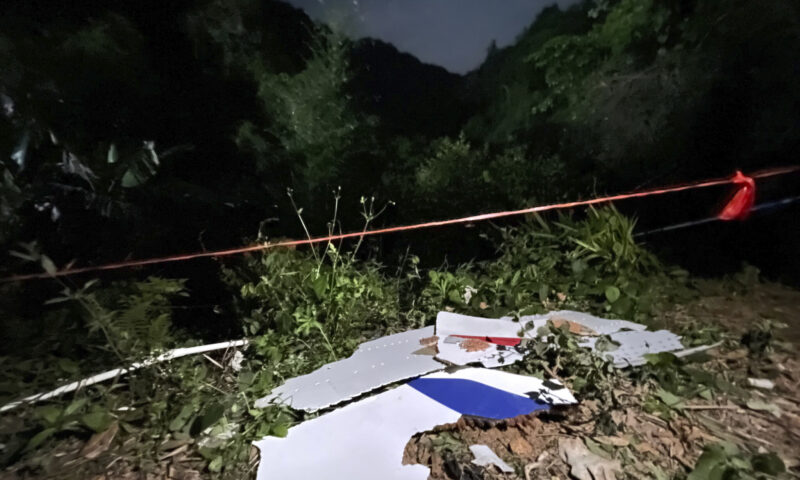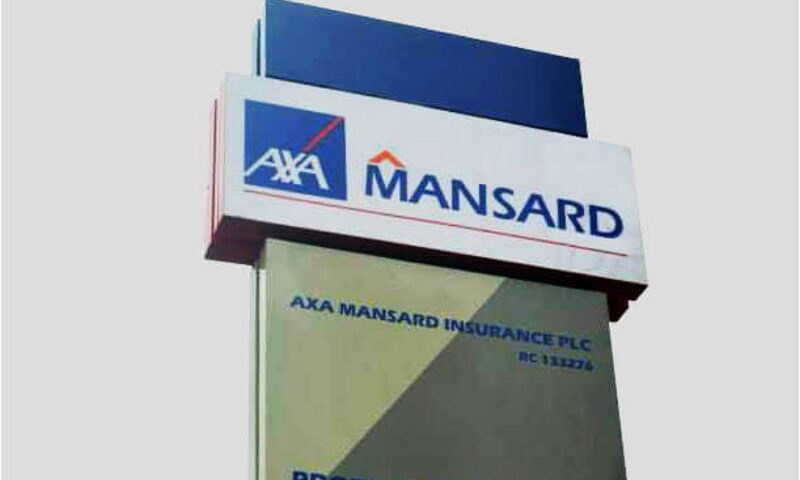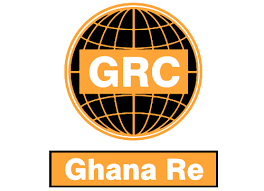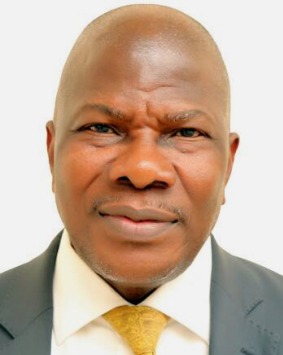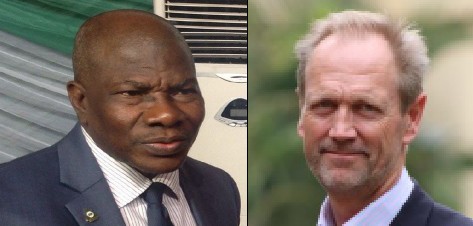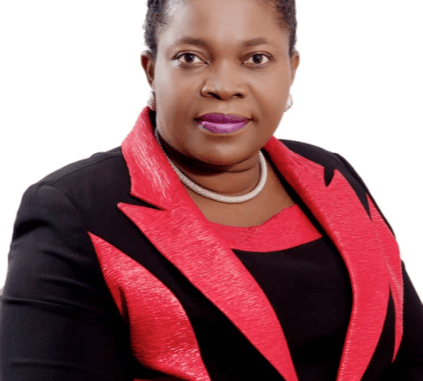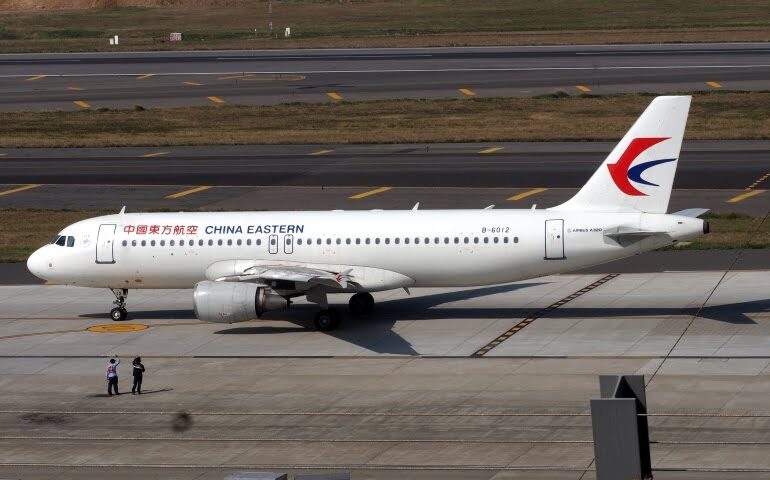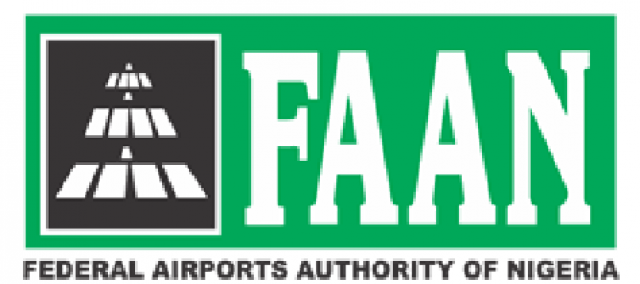By admin
National Insurance Commission (“NAICOM”) issued the Insurance Web Aggregators Operational Guidelines (the “Guidelines”) which set out the regulatory framework for the deployment and operation of web aggregator platforms within the Nigerian insurance secto
A web aggregator is a company registered under the Companies and Allied Matters Act (CAMA) and licensed under the Guidelines, to act as an intermediary between insurance companies and the public.
The functions of a web aggregator include:
Maintaining a website for providing information on products of different insurance companies.
Providing comparisons on prices and features of products offered by different insurance companies; and
Offering leads to an insurance company.
Essentially, the Guidelines provide a framework for the licensing, registration and regulation of web aggregators and regulate their business relations with insurance companies. While web aggregators are required to obtain operating license from NAICOM, insurance companies are required to obtain “No Objection” from NAICOM to be allowed to carry on a web-based insurance business. The Guidelines took effect from the 1st of February 2022 but creates a 60-day window for full compliance with its provisions by existing web aggregators and insurance companies.
This article highlights key provisions of the Guidelines and the likely impact on the Nigerian insurance industry.
Licensing, Registration and Renewal
An entity that intends to obtain a web aggregation license from NAICOM is required to comply with the following:
Be incorporated as a company with the Corporate Affairs Commission (CAC), with a minimum share capital of five million naira (N5m).
State in its Memorandum of Association that its main objective shall be the business of web aggregation.
Have qualified personnel, not below the level of an Assistant General Manager, to be designated as Principal Officer, who shall be responsible for managing the company on full time, and who must possess the prescribed minimum academic and Information Technology (“IT”)-related professional qualifications, and at the same time meet the criteria set by NAICOM for “Fit and
Have all its key employees possess relevant certification in Insurance and IT.
Obtain approval from the Nigerian Communications Commission (NCC).
Pay a non-refundable application fee of five hundred thousand naira (N500,000) and a licensing fee of two million five hundred thousand naira (N2,500,000), and also take a professional indemnity insurance cover of not less than twenty million naira (N20 million); in addition to meeting the prescribed documentary requirements. • Provide details of its technology infrastructures (including Information Technology), proof of domain name registration, a 5-year business plan including financial projections, and risk management framework. There will be a physical verification of the entity’s head office address and technology infrastructures, before the licence is granted.
Execute Service Level Agreements (SLAs) with named insurance companies/brokers.
A license granted to a web aggregator shall only be valid for two (2) years, subject to suspension or cancellation by NAICOM. A web aggregation licence shall be renewable each year, subject to NAICOM’s prerogative and upon payment of an annual renewal fee of one million naira (N1m). However, application for renewal is required to be submitted at least 45 days before expiration of the license.
Likewise, an insurance company interested in offering its products on a web aggregator’s platform and thereby seeking to obtain “No Objection” from NAICOM, is required to apply to NAICOM in the prescribed manner, with the following documents attached:
SLA signed with the Web Aggregator it intends to partner with.
A copy of the appointment letter it issued to the partnering Web Aggregator.
Board approvals or resolutions in support of the partnership; and
A copy of its risk management framework on web aggregator operations.
Operational Standards and Business Obligations
The Guidelines prescribe the mode of operations of web aggregators and insurance companies and establish code of conduct for them in relation to their respective web aggregator platforms. By the same token, business obligations of web aggregators and insurance companies, as well as restrictions applicable to operations of insurance companies in relation to their respective web aggregator platforms, are explicitly stated in the Guidelines which include the following:
A web aggregator is required to enter an SLA with an insurer, or a broker intended to partner with, prior to the provision of web aggregation services. The Guidelines prescribe the standard clauses that must be included in an SLA
To prevent web aggregators from engaging in anticompetitive practices, the Guidelines prescribe transparency in the transmission of leads to an insurer. Thus, a web aggregator is required to use Lead Management System (“LMS2) in transmitting the data of a customer to insurers. LMS is defined in the Guidelines as the software deployed by a web aggregator for recording, filtering, validating, grading, distribution, follow-up, and closure of leads from the enquiries received on its website with an intention to buy insurance products.
To ensure data security and protection, a web aggregator must comply with IT security procedures and prevent unauthorised access and misuse of customer data, in the transmission of leads to an insurer.
A web aggregator is required to act in good faith and ensure adequate due diligence, as well as disclose the relationship between the client, web aggregator and insurer always.
A web aggregator is required to develop website portal or search utility to enable a client to gain several quotes via an electronic e-quote form. It shall also enter into agreements with several insurance companies to provide a comparative quote to potential clients, based on pre-determined list of specified needs as disclosed by the potential clients.
A web aggregator is prohibited from advertising on its website. It is also not allowed to display information on products and services of other financial institutions or fast-moving consumer goods (FMCGs) companies. In like manner, it is disallowed from operating multiple websites for lead generation or operating other websites belonging to other entities for the purpose of insurance product comparison.
A web aggregator is required to ensure adequate back up of data as may be required by its operation, as well as have well documented and tested business continuity plans.
A web aggregator is under obligation to put in place IT security and data privacy policy, duly approved by its board and, in compliance with all relevant laws and regulations.
A web aggregator shall, along with all its employees, comply with the provisions of the Insurance Act 2003 and all regulations made under/pursuant to the Act. By the same token, they shall comply with all other regulations issued by NAICOM from time to time.
An insurance company shall not engage any person or entity who owns or maintains a website not licensed by the NAICOM under the Guidelines.
An insurance company shall neither make any form of advance payment to a web aggregator nor pay any remuneration after termination of agreement with a web aggregator.
An insurance company is required to obtain and maintain records of leads or data obtained through the LMS from each web aggregator, as well as details of the policies sold out of the leads or data obtained including information on premium payments.
Financial Reporting & Disclosure Obligations and Prudential Records
The Guidelines prescribe certain reporting and disclosure obligations on web aggregators. In particular, a web aggregator is required to:
prepare, and submit to NAICOM, annual reports including:
(i) Balance Sheet or Statement of Affairs at the end of each accounting year;
(ii) Profit and Loss Account;
(iii) Statement of Cash/ Fund Flow; and (iv) any additional statements on web aggregator’s business which NAICOM may require. Accounting year, for the purpose of the Guidelines, shall be a period of 12 months beginning from January 1st and ending on December 31st. All accounts to be prepared shall be in compliance with the International Financial Reporting Standards (IFRS).disclose to NAICOM any material changes in its composition within thirty (30) days of such change. It shall also seek NAICOM’s prior approval to effect any change affecting its Principal Officer, Directors, Registered Name, etc. In like manner, it shall also submit to NAICOM information regarding list of qualified persons, outstanding claims arising from Professional Indemnity Policy, and acquisition of properties. Also, from time to time, a web aggregator shall disclose to NAICOM any information that may be required in line with the provisions of relevant extant legislation.
maintain at its Head Office or any other designated branch office, records of its business operations. Also, a web aggregator is under obligation to keep and retain for a period of not less than ten (10) years, all electronic records, books and documents, statements, contracts notes and the likes, maintained by it under the Guidelines.
Sanctions & Remedies and Dispute Resolution
NAICOM has powers under the Guidelines to inspect the premises and operations of a web aggregator to determine compliance with the provisions of the Guidelines or any extant relevant laws and regulations. Where any act of non-compliance is determined, NAICOM is empowered to take any intervention measures or remedies, or steps prescribed in the Insurance Act1. The applicable penalties range from administrative sanctions to withdrawal/ cancellation of license and/or prosecution, depending on the nature or gravity of the infractions as well as the stipulations in the Insurance Act and the NAICOM Act2.
The Guidelines provide for an appropriate complaints redress mechanism, to be jointly put in place by a web aggregator and the partner insurance company. This is to ensure that complaints from clients/customers are promptly and appropriately addressed. For disputes arising between a web aggregator and the partner insurance company, the Guidelines state that the provisions of the SLA with respect to Arbitration Clause shall be exhausted, before such disputes are referred to NAICOM. A person who is affected in any dispute arising out of insurance transactions has the right to refer the matter to NAICOM.
Commentary
As the regulatory authority for the insurance industry, NAICOM is empowered pursuant to the Insurance Act and NAICOM Act, to issue regulations governing insurance business in Nigeria.
The Guidelines seem to have regard to current market trends and industry outlook for the insurance sector. According to analyses and projections by Augusto & Co. (a research, credit ratings and credit risk management agency) in its 2022 Insurance Industry Report3, insurance penetration rate stands at less than one percent (1%) in Nigeria. The industry’s gross premium income (GPI) has also continued to stagnate at ₦520.1 billion (US $1.4 billion) when compared to previous years. Figures released by the National Bureau of Statistics (NBS), showed that the financial sector (consisting of financial institutions subsector and insurance sub-sector) contributed 3.10% to the overall nominal gross domestic product (GDP) as at Q4 2021. Insurance sub-sector’s share of the contribution stood at 7.82% compared to financial institutions sub-sector’s share of 92.18%.
However, the industry is reported to have shown signs of resilience and potential for growth, following restrictions in product distribution encountered during the COVID-19 induced lockdowns of 2020 (and some part of 2021) and the huge claims it has had to pay following the destruction of properties that trailed the ENDSARS protests in 2020. One unique development during these crises was the increase in the use of online channels to market and sell insurance products resulting in an upscale in consumers’ and insurance companies’ online presence. Before now, the insurance industry has leveraged the more structured data in the banking industry (through the adoption of bancassurance) and the strategic alliance with Fintechs (through InsureTech) to improve sales and grow premium income. With web aggregation encouraging more people to search and stay online, insurance companies can easily adopt online target-marketing campaigns to re-orientate the insurable public about the need to embrace insurance products.
With the coming into operation of the Guidelines, online marketing and sale of insurance products, increased insurance awareness in the market, and a deeper insurance penetration among the public, are expected in the near future. Also, the regulatory framework within which web aggregators can operate in providing information to potential insurance consumers and giving leads to insurers, has now been made crystal clear. We note that among other issues, consumer protection and the prohibition of anticompetitive practices (two principal issues to be considered in the insurance industry) have also been clearly outlined in the Guidelines. It is also noteworthy that the Guidelines have broadened the compliance obligations of web aggregators and insurance companies due to certain returns now required to be made to NAICOM.
The Guidelines categorically state that, the duty to seek information on understanding and complying with its provisions, rests on the participating web aggregators and insurers. As the 60-day timeline for complying with the Guidelines expires in the first week of April, companies operating in the Nigerian insurance sector need to seek appropriate advice on confirming their additional obligations under the Guidelines.

